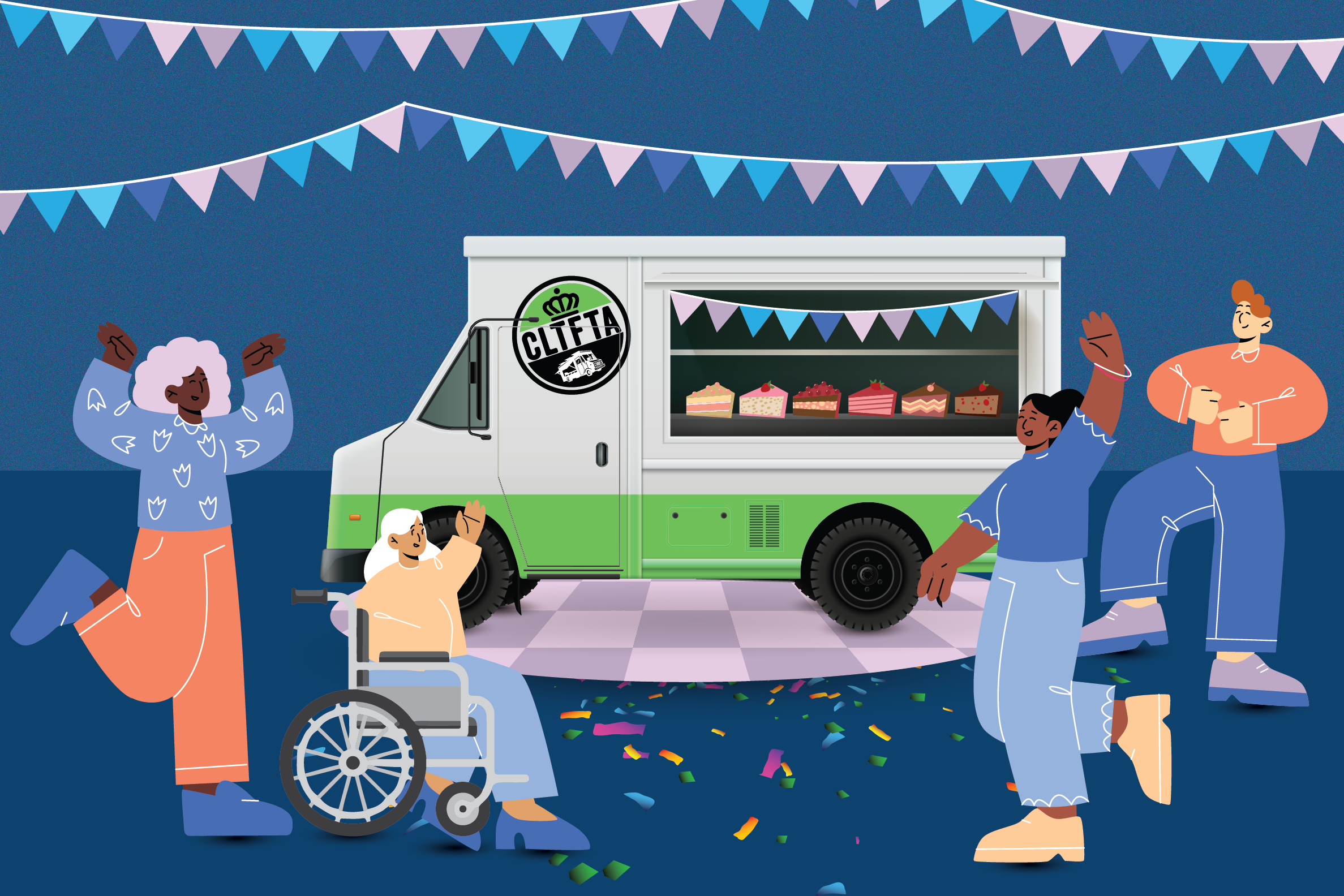Food Permits and Licenses (2026)
A Comprehensive Guide to Launching a Food Truck in North Carolina
North Carolina's food truck scene remains one of the most dynamic in the Southeast, blending Southern traditions like Eastern-style barbecue with innovative fusion cuisines in areas like Asheville's craft scene and the Research Triangle's diverse influences. While exact statewide counts vary, thousands of mobile food units operate across the state, boosted by popular events such as food truck rodeos, festivals, and brewery partnerships. The industry continues to grow amid urban development and tourism, but success demands meticulous compliance with regulations that are enforced at state, county, and municipal levels. Rules are based on the North Carolina Food Code (adopting the 2017 FDA Food Code with minor annex updates; no major overhauls in 2025), under 15A NCAC 18A.2600.
Startup costs typically range from $50,000–$150,000, covering vehicle purchase, build-out, equipment, and initial permits. Well-managed operations can achieve profitability within 12–24 months, especially by leveraging apps like Street Food Finder and targeting high-traffic spots. Regulations remain stable in 2026, with minor fee adjustments for inflation in some counties. Always verify with your local environmental health department (e.g., Wake, Mecklenburg, Guilford), as variances exist. Plan for 3–6 months to secure all approvals.
Core Licenses and Permits
Food trucks are regulated as Mobile Food Units (MFUs) or pushcarts. Key requirements include:
1. Business Registration and License: Register your business (LLC recommended for protection) with the NC Secretary of State. Obtain a local business license from the county/city where your commissary is based. Fees: $50–$300 annually, varying by location (e.g., higher in Charlotte/Mecklenburg).
2. Mobile Food Unit (MFU) Permit / Plan Review: Issued by your county health department. Submit detailed plans (layout, plumbing, equipment specs) for approval before building/buying a truck. Fees: $200–$600 (plan review + permit). Non-transferable; requires commissary agreement. Approval: 30–60 days.
3. Health Inspection and Operating Permit: Post-construction inspection results in a sanitation grade (A/B/C) displayed prominently. Annual fee: $100–$400. Unannounced inspections 2–4 times/year. Must maintain hot holding ≥135°F, cold ≤41°F.
4. Seller's Privilege License / Certificate of Registration: Free from the NC Department of Revenue (NCDOR). Required to collect sales tax on prepared foods (state 4.75% + local 2–2.75%, total ~6.75–7.5%). File returns monthly/quarterly if sales exceed thresholds.
5. Food Safety Certifications: At least one Certified Food Protection Manager (CFPM) per shift (ServSafe or equivalent; $150–$200, valid 5 years). All handlers need training (cards ~$10–$15, often annual).
6. Alcohol Sales: No permanent liquor licenses for food trucks. Beer/wine possible via temporary event permits from NC ABC Commission ($50–$400 per event).
Key Operational Requirements
1. Commissary Agreement: Mandatory. A licensed commercial kitchen for prep, storage, water filling, waste disposal, and daily servicing. Written agreement required for MFU approval. Rental: $300–$800/month or hourly.
2. Zoning and Parking Rules: Highly local.
- Raleigh/Wake: Designated right-of-way spots; private property with limits (e.g., max trucks per lot size).
- Charlotte/Mecklenburg: Time limits in zones; private property ok with owner permission. Many areas prohibit overnight parking on streets or near residences. Fines: $100–$500+.
3. Health and Safety: Follow the FDA Food Code (adopted in NC). Handwashing sink (hot water ≥100°F), 3-compartment sink, temperature controls, no bare-hand contact with ready-to-eat foods, pest logs.
4. Fire Safety: ANSI/UL 300 suppression system, Class K extinguishers, annual inspections (~$200–$400).
5. Labor Laws: Federal minimum wage $7.25/hour (NC matches; no state increase in 2025). Overtime 1.5x after 40 hours. Tipped credit allowed ($2.13 base if tips reach $7.25).
7. Insurance: General liability ($1M+), commercial auto, workers' comp. Some cities (e.g.,
Food Truck Build-Out Standards
Trucks must comply with 15A NCAC 18A .2600:
1. Plumbing: Hand sink separate; fresh water tank ≥30 gallons; wastewater tank ≥15% larger than fresh.
2. Surfaces: Smooth, non-absorbent (stainless steel, FRP walls, sealed floors).
3. Equipment: NSF/ANSI-certified; refrigeration with thermometers.
4. Ventilation: Type I hood over cooking; fire suppression integrated.
5. Power/Water: Approved sources; generators ok if ventilated.
Tips for Success in 2026
I. Budget Wisely: Vehicle $40K–$100K used; custom build-out $20K–$60K. Seek small business loans or NC Rural Center grants.
II. Location Strategy: Join ncfoodtrucks.com for event calendars (50+ festivals yearly). Focus on breweries, office parks, and apps for daily spots.
III. Marketing: Strong social media presence; trends lean toward healthy, sustainable, and global fusions (e.g., Korean BBQ tacos).
IV. Networking: Affiliate with NCRLA for resources and advocacy.
V. Common Pitfalls: Underestimating commissary needs or local zoning—consult the health department. early.
VI. Sustainability: Eco-packaging appeals to NC's environmentally conscious crowds.
Launching a food truck in North Carolina offers exciting opportunities in a supportive foodie state, but thorough preparation and compliance are non-negotiable. Contact your county health department immediately to start the process, and consider consulting a specialist for plan reviews.


